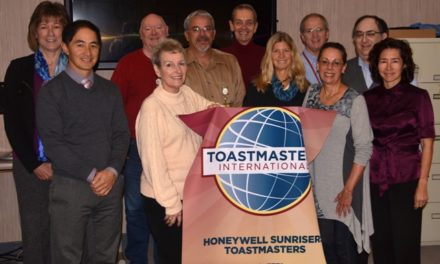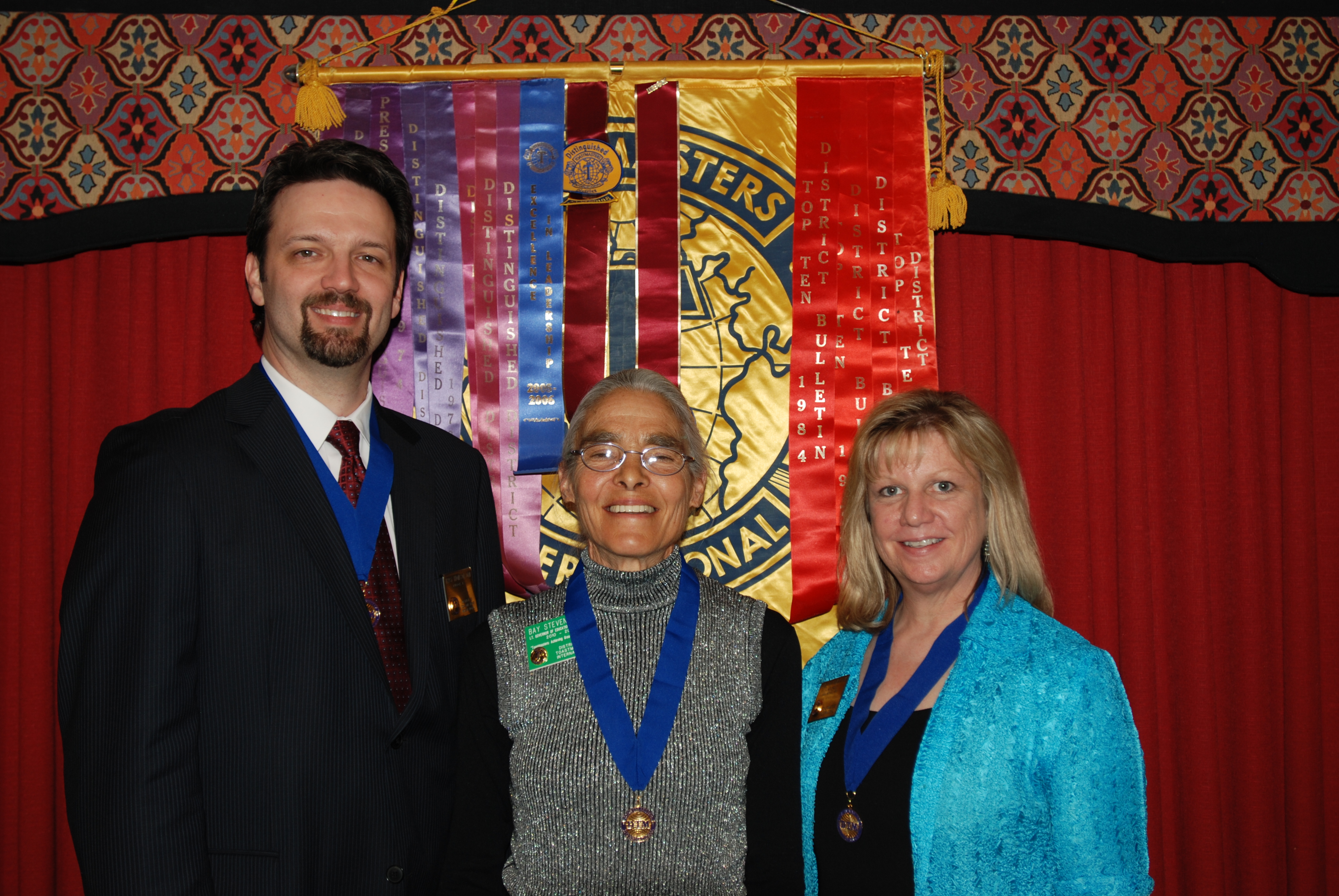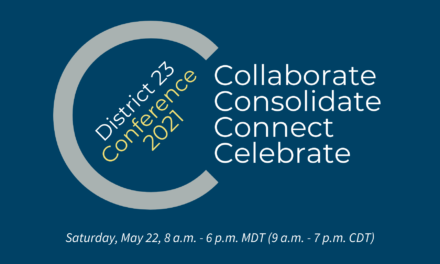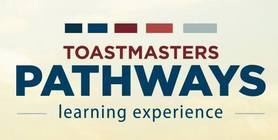In many respects, Toastmasters is an organization where members help members.
We need to constantly refresh and add clubs. Our organization cannot add new
clubs without you, the members, helping us along and
tapping your personal and professional contacts.
- As with most Districts, District 23 wants to grow its club base. It is essential that we continue to offer club options (culture, location, specialty, etc.) for both existing and new members.
- Over the four most recent Toastmasters years (including 2011/12), District 23 has experienced a net gain of only three new clubs. We’ve had 13 clubs suspended and offset that loss with 16 new clubs.
- This year, District 23 is at risk of losing another 4-6 clubs. While efforts continue to revitalize these low membership, non-dues paying clubs, it remains to be seen if they can be kept viable.
- That is the challenging news.
- The optimistic view is that chartering new clubs is not difficult! And in assisting, you get to practice real life skills that may help in your job, your business or your community service leadership. As a bonus, you can earn credit toward your ALS and DTM designations as well as District 23 LGM incentives.
- As leaders, each of us can contribute to this growth initiative in a number of ways. Here are some suggestions/opportunities:
- There is no better spokesperson or advocate for the Toastmasters program than you. The value you derive from your personal experiences is the best testimony.
- Be an active Toastmasters advocate, in your workplace, your place of worship, a community or civic organization to which you belong. Speak confidently about how Toastmasters has benefitted you.
- Encourage others to consider starting either a community or company/organization club. Let them know that we can make it happen for them! (Provided they bring at least 20 curious or seriously interested people “to the table.”)
- Have Toastmasters marketing and promotional material to share with them, rather than just suggesting they visit the TI web site. Freely distribute extra copies of Toastmasters Magazine. The District’s LGM can provide ample resources.
- Invite them to a club meeting – not necessarily to join that club but to get a sense for what we do at and with Toastmasters.
- Let them know the uniqueness of starting their own club; that it could include like-minded people, meet at their convenience and develop its own style, focus and culture.
- Assure them that when they convene 20 or more people, that you (or the club chartering champion in your area) will bring the Toastmaster resources together to conduct a demonstration meeting, at their convenience and arranged venue.
- Provide them, at the appropriate time, with a copy of the “How to Build a Toastmasters Club” manual. It will give them a step-by-step view of the new club chartering process. Again, let them know that experienced Toastmasters will perform much of the legwork.
- Do your homework. Learn ahead of time if there are chapters, branches or offices of a company or organization in other areas or states that may already have successful Toastmasters clubs. It helps to show them that their colleagues are already participating!
- Know the basic requirements for chartering a new club. They include:
- Payment of a one-time, non-refundable $125 club chartering fee.
- 20 or more charter members of which 3 can be dual members from other clubs. (It’s amazing how quickly a couple of club organizers can bring 20 people together!
- Payment of a one-time $20 new member fee for each new Toastmaster.
- Payment of initial six-month membership dues ($36).
- A completed Charter Application for each new member.
- It’s that simple. Sure, there are other administrative matters that a new club needs to vote on, such as club name, meeting details (frequency, day, time and location), elect club officers, etc. These are the even easier tasks.
- Seriously, all you have to do is plant the initial seed and proactively nurture the interest as it grows.
- Be a confident, vocal ambassador. Don’t be shy about a program that has personally helped you to develop. Why wouldn’t you want others to experience the same success?
- Lastly, remember that if you spark the interest, other Toastmasters and District Leadership will come to your assistance – to make happen what you ignited.
What are you waiting for?





